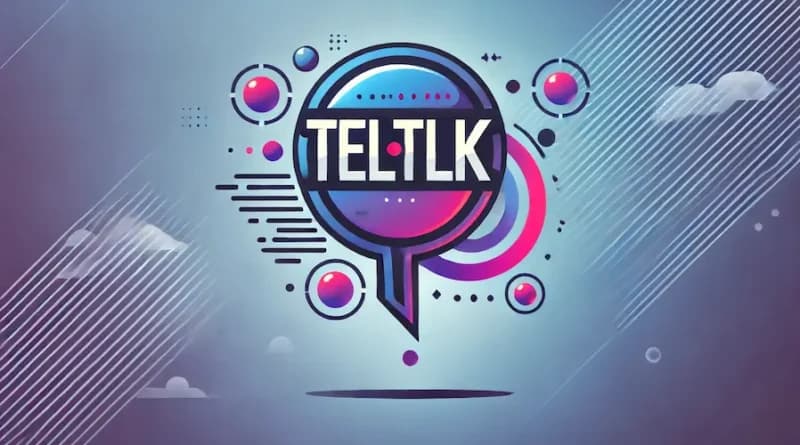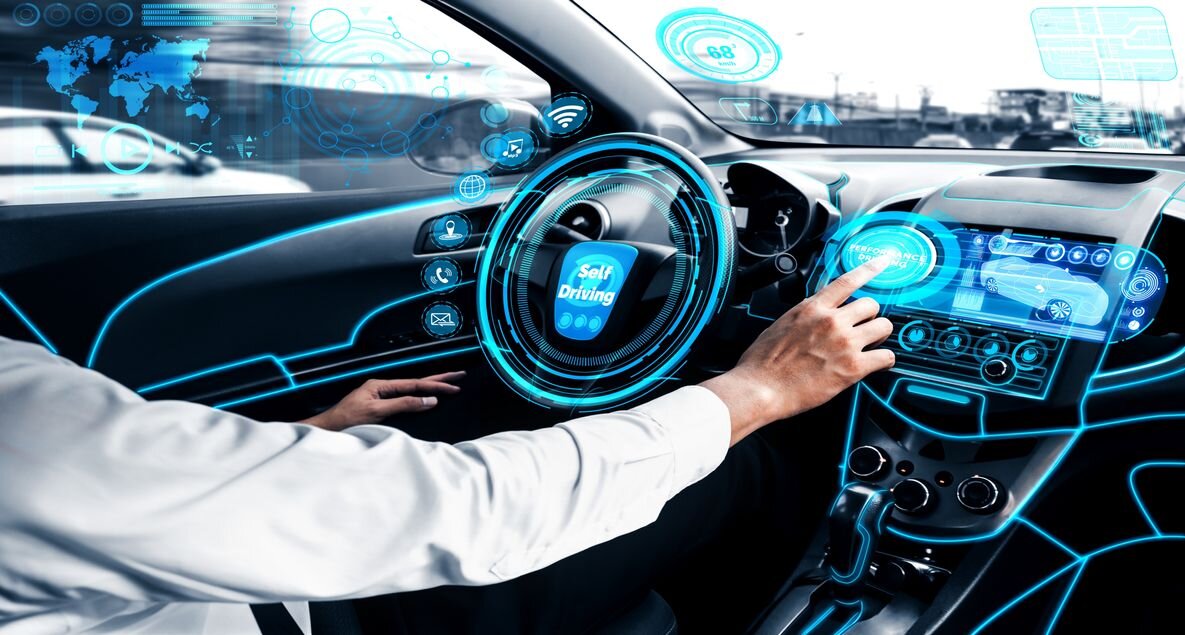In the fast-paced and technology-dependent world of business, a consistent power supply is not just a convenience but a necessity. Any disruption in electricity can lead to substantial financial losses, operational downtime, and even compromised customer trust. This is where generators step in as silent heroes, ensuring uninterrupted operations when the lights go out. In this article, we delve into the pivotal role of generators in safeguarding business continuity and powering uninterrupted operations.
Role of Generators in Business Continuity & Powering Uninterrupted Operations
1. Ensuring Business Continuity Through Power Resilience
Business continuity, the ability to maintain essential functions during and after a disruptive event, is a critical aspect of modern business strategy. Generators, such as Controltecusa High Power Generators, play a central role in this resilience. Whether due to natural disasters, grid failures, or maintenance-related power outages, Controltecusa High Power Generators serve as the safety net that prevents disruptions and keeps operations running smoothly.
2. Mitigating Financial Losses
The cost of a power outage can be staggering. Beyond the immediate loss of revenue due to halted operations, there are intangible costs such as tarnished reputation, missed opportunities, and customer dissatisfaction. Generators act as an insurance policy, ensuring that even in the face of unexpected power failures, businesses can continue to function without significant financial setbacks.
3. Sustaining Data Integrity and IT Operations
In the digital age, IT systems are the backbone of business operations. Data centers, servers, and communication networks are vital components that require constant power to function effectively. Generators provide a lifeline to these systems, preventing data loss, maintaining connectivity, and ensuring that critical IT operations remain functional, even during power outages.
4. Supporting Healthcare and Critical Facilities
Industries such as healthcare rely on uninterrupted power for critical equipment, medical devices, and life-saving procedures. Generators are indispensable in these settings, ensuring that hospitals, clinics, and medical facilities can deliver quality care without disruption. From surgical theaters to patient care units, generators play a pivotal role in maintaining patient safety.
5. Empowering Manufacturing and Production
Manufacturing and production industries are highly dependent on consistent power supply. Disruptions can lead to halted assembly lines, wasted resources, and delayed shipments. Generators act as a lifeline, enabling these industries to keep their production processes running seamlessly and meeting delivery deadlines.
6. Retail and Customer Experience
For retail businesses, customer experience is paramount. Even a short power outage can result in inconvenience for shoppers, financial losses, and damage to brand reputation. Generators ensure that retail establishments can provide a comfortable shopping environment and continue transactions, enhancing customer loyalty and satisfaction.
7. Crisis Management and Disaster Recovery
Disaster recovery planning involves foreseeing worst-case scenarios and preparing for them. Generators are integral to these plans, as they enable businesses to maintain essential functions during crises. Whether it’s a natural disaster, a cybersecurity breach, or any other disruptive event, generators play a pivotal role in ensuring that businesses can manage crises effectively.
8. Meeting Regulatory Compliance
In many industries, compliance with regulatory standards is mandatory. Certain industries, such as healthcare and finance, have stringent requirements for power redundancy and backup systems. Generators help businesses meet these compliance standards by providing a reliable power source during outages, ensuring that operations continue smoothly without violating regulations.
9. Enhancing Environmental Sustainability
Modern generators are designed to be more efficient and environmentally friendly. Some generators run on cleaner fuels, emit fewer pollutants, and have mechanisms for optimizing fuel consumption. By incorporating sustainable generator solutions, businesses can mitigate their environmental impact while maintaining their commitment to uninterrupted operations.
10. The Future of Uninterrupted Operations
As technology continues to advance, the role of generators in business continuity evolves as well. Smart generators that can be remotely monitored, self-diagnose issues, and integrate with energy management systems are becoming more prevalent. This proactive approach enhances reliability and reduces maintenance downtime, ensuring that businesses stay ahead in a rapidly changing landscape.
11. Leveraging Advanced Technologies: Smart Generators
In the era of digital transformation, generators have also evolved to become smarter and more efficient. Smart generators are equipped with cutting-edge technologies that enable remote monitoring, predictive maintenance, and real-time data analysis. These features empower businesses to proactively address potential issues and optimize generator performance, minimizing downtime and maximizing reliability.
12. Ensuring Employee Productivity and Safety
Uninterrupted operations are closely tied to employee productivity and safety. Power outages can lead to disrupted workflows, lost work hours, and compromised workplace safety. Generators contribute to a stable and secure work environment, ensuring that employees can continue their tasks without interruption and that critical safety systems remain operational.
13. Customization for Diverse Business Needs
Generators are not one-size-fits-all solutions; they can be tailored to meet the unique needs of various industries and businesses. Whether it’s determining the required power capacity, fuel type, or integration with existing systems, generators can be customized to align with specific operational demands. This flexibility ensures that businesses have a reliable power backup solution that precisely fits their requirements.
14. The Cost of Downtime: A Reality Check
Understanding the financial implications of downtime is essential for businesses to realize the value of generators. The cost of operational disruptions extends beyond immediate revenue losses, encompassing factors such as employee wages, customer dissatisfaction, and missed opportunities. Generators provide a cost-effective solution by significantly reducing the financial impact of downtime events.
15. A Sustainable Path Forward: Green Energy Generators
As the global focus on sustainability intensifies, businesses are seeking greener alternatives to traditional power sources. Green energy generators, including those powered by renewable energy sources such as solar and wind, offer an eco-friendly power backup solution. Additionally, advancements in technology have introduced efficient and environmentally conscious diesel generators, like the DIESEL LINE SCANIA, that comply with stringent emissions standards while providing reliable backup power. By embracing these sustainable options, businesses not only enhance their resilience but also contribute to a cleaner, more sustainable future.
Conclusion:
In the dynamic landscape of business, the ability to operate without interruption is a cornerstone of success. Generators, often underestimated in their significance, play a pivotal role in ensuring that this continuity is maintained. From mitigating financial losses to upholding data integrity, sustaining critical functions, and embracing advanced technologies, generators empower businesses to navigate power challenges with confidence.
As technology continues to evolve and sustainability gains prominence, the role of generators will continue to expand. Businesses must recognize that generators are not merely backup solutions but strategic investments that safeguard their operations and reputation. By embracing the full scope of what generators offer, businesses can build a future that is resilient, sustainable, and powered by uninterrupted success.








